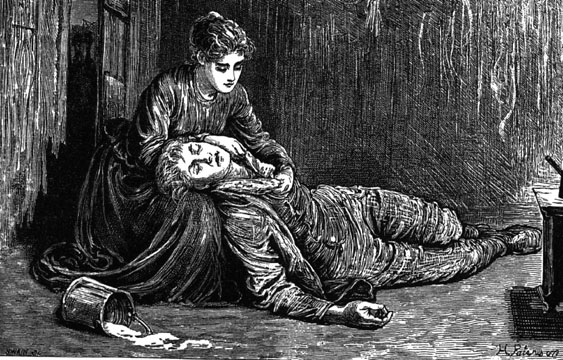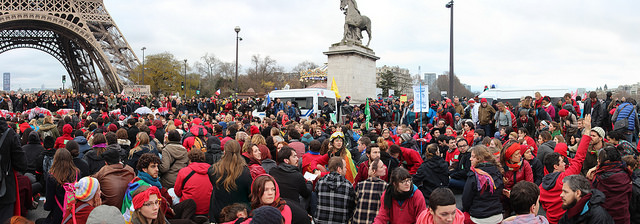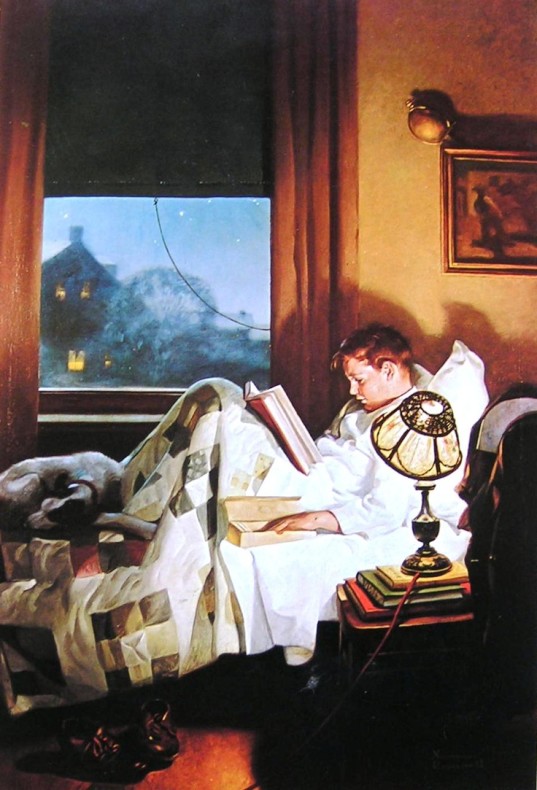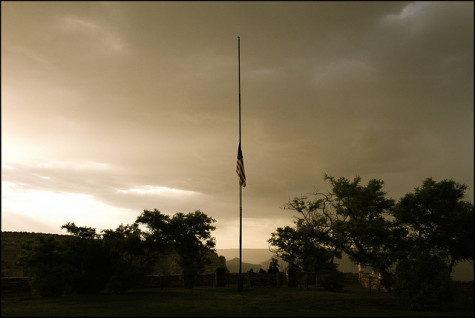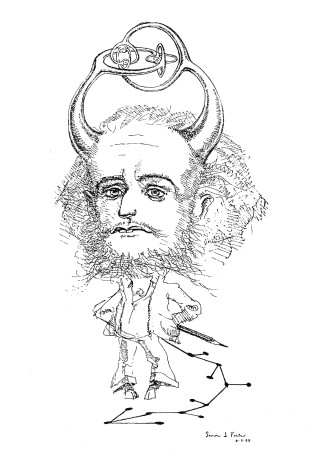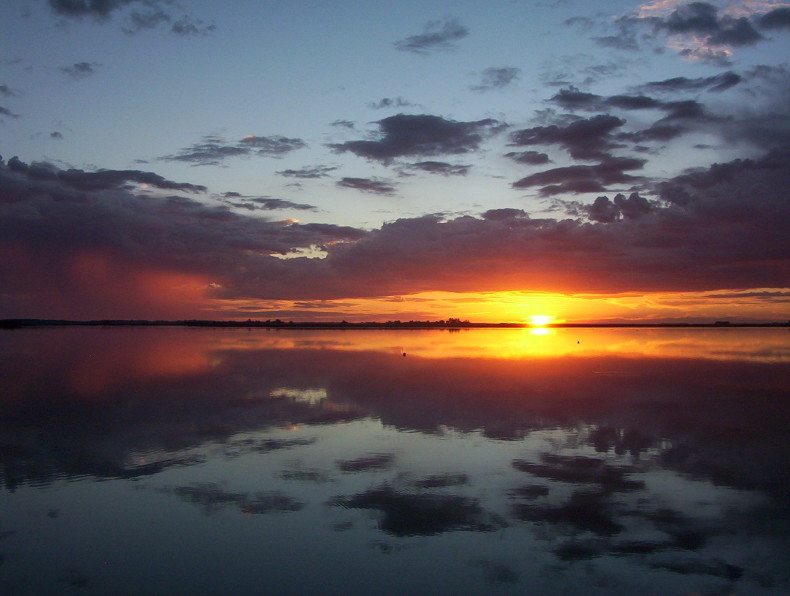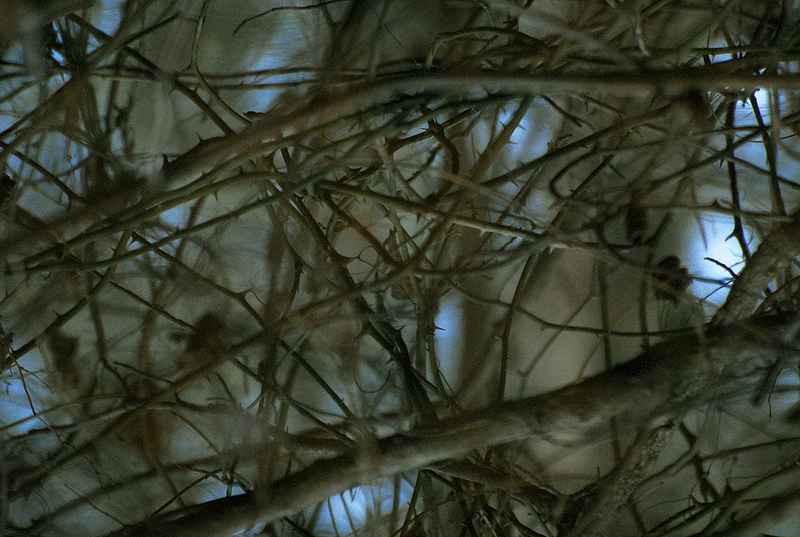The People of LWON have spoken. As promised, here is our annual list of what to watch over the holidays. For more recommendations, please refer to last year’s list.
Erik: It’s hard to make a suspenseful drama around the Revolutionary War. “Ooo! Who will win? The scrappy Americans or the evil redcoats? I just don’t know!” And yet, somehow the AMC show Turn does just this. Not only does it weave a fascinating and riveting tale around the country’s earliest spy ring, it paints the war in a nuanced light where the sides of this iconic struggle are blurred. And Samuel Roukin creates easily one of the most evil and fun-to-watch characters on television today.
Jennifer Holland: Romantic comedies often suck, but I love the wacky show Catastrophe, one of the Amazon Prime offerings. (Yes, you have to pay for Prime to see it, but lots of people do, so I figured it was worth including here.) Sharon Horgan is funny and real and wonderfully crass, and you just want to hug Rob Delaney because he’s exactly the guy we all wish we could bring home. Together they are hilarious and sweet and totally organic. There’s only one season so far, so it’s not a huge commitment. Give it a go. Continue reading
